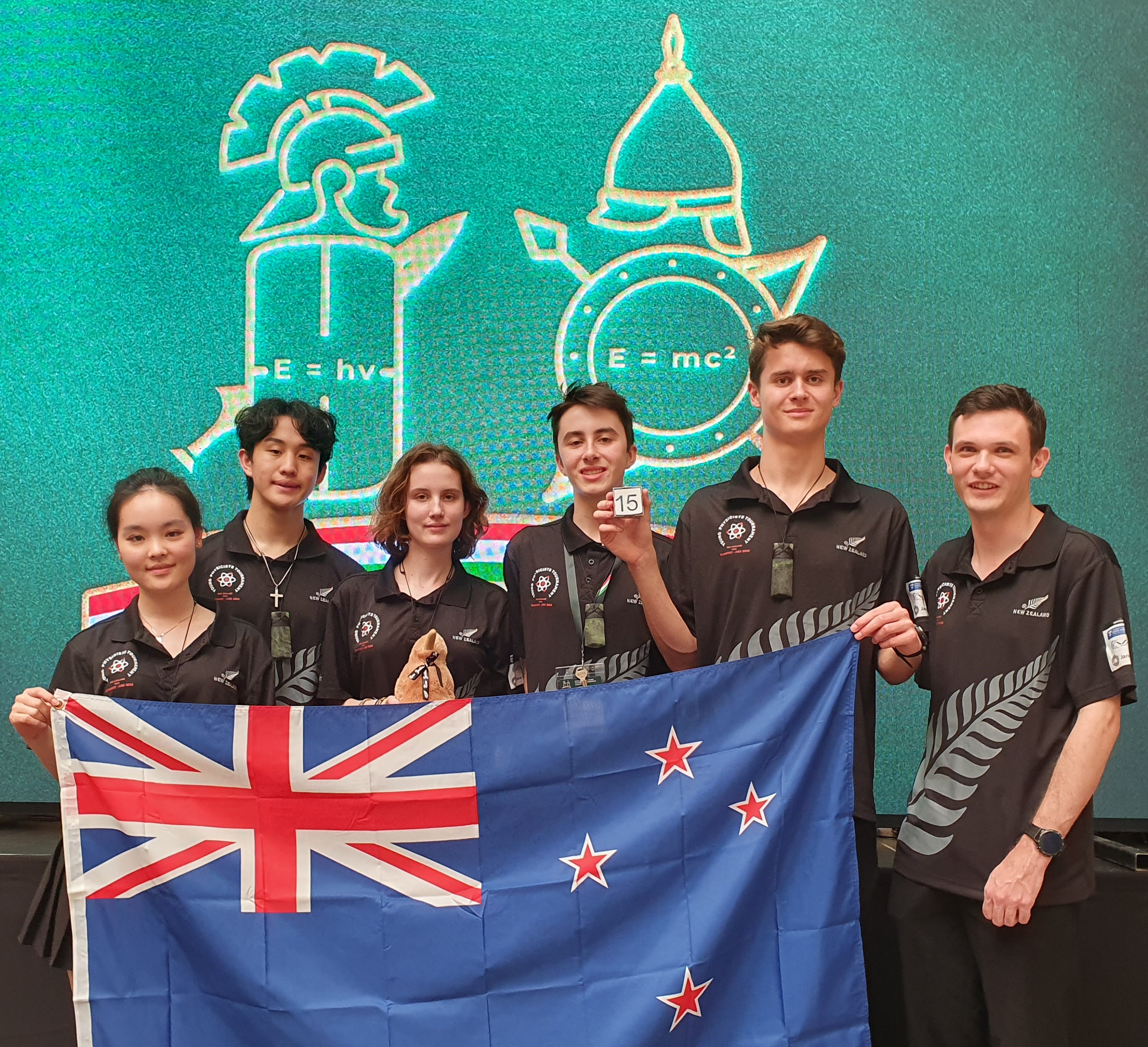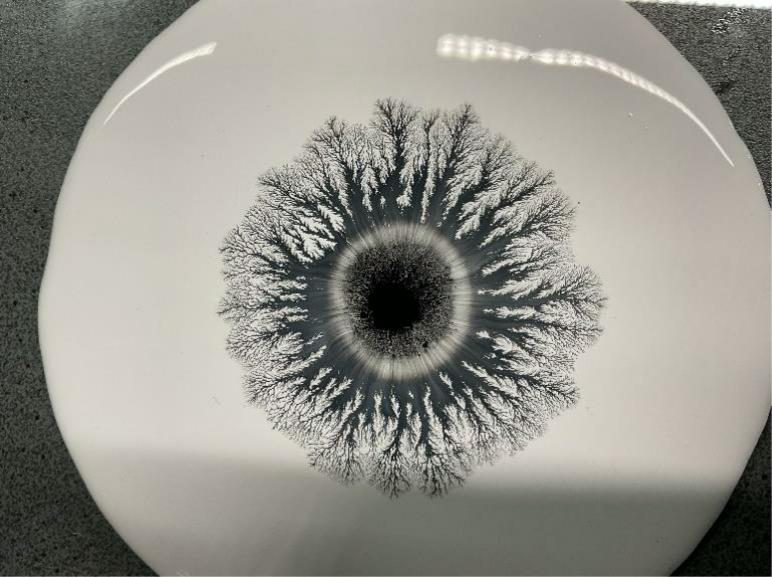
ScienceOlympiaNZ
NZYPT New Zealand Young Physicist's Tournament
Who We Are
The International Young Physicists’ Tournament (IYPT) is a competition created in the USSR to foster scientific research and improved international communication in Physics. It is an annual team competition for high school physics students which had its first international event in 1988.
The IYPT is a major international Physics competition with students from high schools across the world taking part in the “World Cup of Physics”. Students participating in IYPT are selected by their member organisations in countries around the world due to a balance of theoretical and practical physics as well as an ability to communicate complex concepts to an audience and think on their feet! All of the IYPT problems and discussions in the debates during the tournament take place in English.
Each country is represented by a national team consisting of five students. In the August prior to the competition seventeen complex open-ended problems are released for the team to theoretically and experimentally research. At the competition the teams present and defend the validity of their problem solutions against teams from other countries in structured debates called “Physics Fights”. Jury panels consisting of university lecturers, industrial physicists and physics teachers rate the student’s report findings and the quality of their explanations when questioned by an opposing team.
In the early part of the school year individual students from any school can apply to represent New Zealand in IYPT. Students carry out research and present their findings to the National Organising Committee in a series of interviews. The five most successful students are selected by the NOC to represent NZ in IYPT.
In addition to the international competition, IYPT, New Zealand students have the option to participate in a national school-based competition NZYPT. This competition uses a subset of seven problems from the seventeen problems in IYPT. The IYPT problems are announced in (approx.) August of the previous year. A school can enter up to two teams consisting of three students in each team. Teams can be composed of students from more than one school if requird. The top team from this competition receives the NZYPT top school trophy and the 2nd and 3rd placed teams are awarded medals. The top team as well as individual students whose research is of a sufficiently high standard are considered for New Zealand representation in IYPT. We rely on the generous support of the New Zealand Royal Society, the New Zealand Institute of Physics, tertiary institutions and the Physics teaching community to carry out this event annually.
Objectives of NZYPT
- to stimulate and enhance the interests of students from the secondary schools in physics and another branches of knowledge
- to increase connections between schools and tertiary / research institutions
- to develop scientific, thinking, investigation, communication and presentation skills
- to enhance teamwork and leadership skills
- to enrich the national curriculum studied by school students and promote a desire to participate in areas of engineering and scientific specialities - especially in the area of hi-tech industry
- to stimulate teacher’s knowledge of Physics and encourage them to go beyond their national curriculum to make links with scientists during the preparation and participation in NZYPT
- to popularize the NZYPT / IYPT widely among schools and universities seeking new forms of collaboration between them.
Results
New Zealand has competed in IYPT since 2003 and New Zealand teams have a strong reputation in the event where our highly respected teams are regularly awarded medals. The competition is all about problem solving, teamwork, thinking outside of the square and explaining complex scientific ideas concisely. NZYPT is proud to excite student interest in Physics and encourage diversity and creativity in student focussed research. The four students who have won Te Puiaki Kaipūtaiao Ānamata - The Prime Minister’s Future Scientist Prize after taking part in IYPT reflect the all-round ability required to do well in this tournament.
2024 Results
IYPT 2024 was held in Budapest, Hungary from 10th – 17th July. This was the first international outing for a New Zealand team since 2019 (Poland) due to Covid-19 and international travel restrictions.
The final IYPT results were: Gold medals to 1st place to Singapore, Ukraine in 2nd , Poland in 3rd and Chinese Taipei in 4th.
New Zealand gained bronze medals in 13th place overall ahead of old rivals Australia (15th), the USA (23rd) and the UK (28th) so once again team New Zealand can be proud of their research solutions and ability to debate their conclusions.
The 2024 New Zealand team of Emilio Gray (New Plymouth Boys), Tong (Charlie) Li (ACG Parnell), Matthew McKee (Auckland Grammar), Alison Power (Onslow College), Yinuo (Belle) Yin (St Cuthbert’s) with team leader Eric Coufmann is shown below.

IYPT problems
To get a flavour of one of the 2023 IYPT problems called “Fractal fingers” students were asked to investigate the effect of fractal fingering. This can be observed if a droplet of an ink-alcohol mixture is deposited onto diluted acrylic paint.
The research required them to investigate how the geometry and dynamics of the fingers were influenced by relevant parameters. Here is a picture from one of the student projects.
